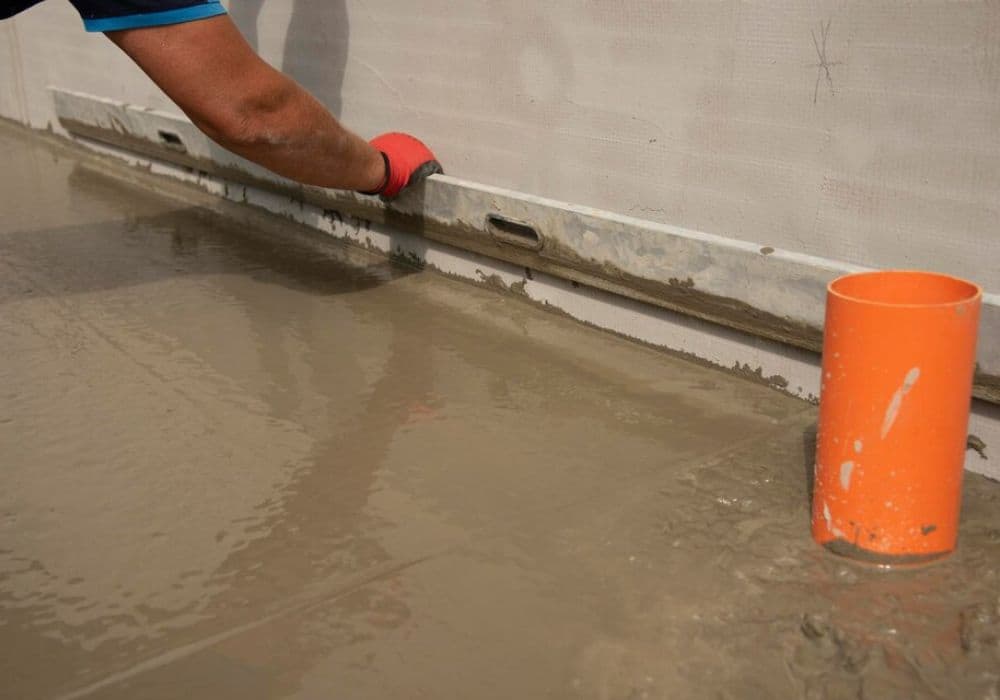Can screed and cementitious flooring be used in areas exposed to high moisture or humidity levels?
Yes, screed and cementitious flooring can be formulated to be moisture-resistant, making them suitable for areas with high humidity or moisture levels. Proper sealing and additives can enhance their performance in such environments.
How does screed flooring compare to traditional concrete flooring in terms of application?
Screed flooring is a thinner layer of material compared to traditional concrete flooring, making it more suitable for leveling and providing a smoother surface. It offers benefits such as faster drying times and is often used as a base for other finishes like tiles or wood.
Are there any environmental benefits associated with choosing screed or cementitious flooring?
Screed and cementitious flooring can be environmentally friendly options, as they can be made with recycled materials and are durable, reducing the need for frequent replacements. Additionally, they can be energy-efficient when used with radiant heating systems.
Are there specific preparations required before installing screed or cementitious flooring in a residential setting?
In a residential setting, it's crucial to ensure that the substrate is clean, dry, and free from any contaminants. Proper surface preparation, including leveling and priming if necessary, is essential for a successful installation.
How does the cost of installing screed or cementitious flooring compare to other popular flooring options?
The cost of screed and cementitious flooring installation can vary depending on factors such as the type of material, the area to be covered, and the complexity of the project. Generally, it can be a cost-effective option when compared to premium finishes like hardwood or high-end tiles.
What maintenance practices should be followed to ensure the longevity of screed or cementitious flooring?
Regular cleaning with mild detergents and water is usually sufficient. Avoid harsh chemicals and abrasive cleaners, which can degrade the finish. Periodic resealing or re-coating may also be recommended to maintain the appearance and performance.





